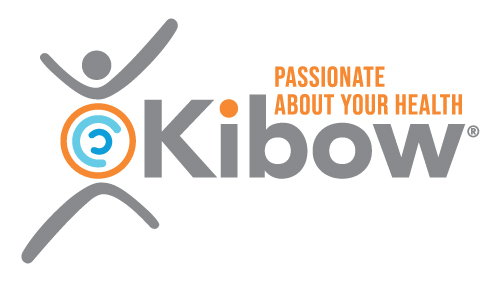*These statements have not been evaluated by the US Food and Drug Administration. This information is not intended to diagnose, treat, cure, or prevent any disease. Always consult with a qualified healthcare professional before beginning any diet or exercise program or taking any dietary supplement. The content on our website is for informational and educational purposes only.
Written By: Steve L. Belcher, RN, MSN, MS, DN-CM
During my years working as a dialysis charge nurse, I would encounter numerous dialysis patients unfamiliar with what a Health Care Agent was and the importance of having one. What exactly is a health care agent, and why is having one important, especially for patients who undergo kidney dialysis. Appointing a health care agent is the legal process of assigning another person to make health care decisions on your behalf if you’re too sick to make them for yourself. Your agent can speak with a doctor, make decisions about tests, procedures, and other treatments. This person is also referred to as a Health Care Proxy or Durable Power of Attorney for Health Care. The names and form requirements vary from state to state.
Who should I choose as my Health Care Agent?
You may choose your spouse, partner, children, mother, father, sister, brother, friend, or relative. Someone may not come to mind immediately. Think about the people that mean the most to you. Who could you trust to tell the doctors what is most important and what you would want to avoid if you become too sick to tell them yourself? Here are some things to think about when considering appointing a health care agent.
- Will they be able to make decisions for you, even if their own wishes are different from yours?
- Will their feelings for you get in the way of making decisions on your behalf?
- Will they stand up for you?
- Will they be comfortable asking questions of busy doctors and other providers?
- Will they ask for clarification if the answer or situation isn’t understood?
- Will they be able to make decisions in changing situations?
- Will the doctor be able to reach them when needed?
Choosing Someone Who isn’t a Family Member or Friend
Having a partner or family member being a health care agent can be difficult. For example, they may find it too difficult to agree to end treatment because of their relationship with you, even if you have made your wishes very clear. In this situation, it might be wise to choose someone else to become your health care agent. However, if you choose someone other than a partner or family member, it is important to inform your partner or family members who he or she is.
What happens If You Do Not Choose a Health Care Agent?
If you do not choose a health care agent and you become unable to make your own decisions, depending on the state you’re in, the law or hospital may appoint one for you or make the decision themselves. This person may not be the best person to make your health care decision. So, if you do not have a health care agent, this may be the time to consider appointing one.
There are some myths about appointing a health care agent. One myth is a lawyer must prepare an appointment of a health care agent, and/or they are expensive. This is not true. These are legal documents, but they do not need to be prepared by a lawyer. However, state laws vary, and it is important to find the forms and signature requirements that pertain to your area. Another myth is if someone appoints a health care agent, they will lose their decision-making power. This is false. The person you choose as your health care agent will start making decisions for you when your doctor determines that you are not able to make health care decisions for yourself. If you do not have a health care agent in place, now might be the time to think about it. If you have any questions about appointing a health care agent, talk with your social worker or physician about completing Advance Care Planning documents, specific state requirements for these documents, and additional questions or concerns. This could be the best decision you can make if you’re unable to communicate your wishes to medical personnel.
About the author
Steven Belcher, RN, MSN, MS, is a dedicated kidney advocate who began his journey 20 years ago as a dialysis nurse. This job inspired him to help as many people with kidney disease as he could. Not only did he spent two decades caring for a patient’s physical and emotional needs in a clinical setting, but he also educated the public on the risk factors of kidney disease. Some of his many philanthropic successes include being a keynote speaker at the National Association of Nephrology Technicians/ Technologists (NANT), presenting at community spaces, and launching radio shows.
He now focuses his time entirely on his organization Urban Kidney Alliance, which educates the public about kidney disease. His goal? To lower rates of Chronic Kidney Disease in urban communities in Baltimore, Maryland, across the country, and globally through education and collaboration.
Steve has also written the book “HOW TO SURVIVE OUTPATIENT HEMODIALYSIS: A GUIDE FOR PATIENTS WITH KIDNEY FAILURE.” You can read the book review here.
Sponsored By: Kibow® Biotech





